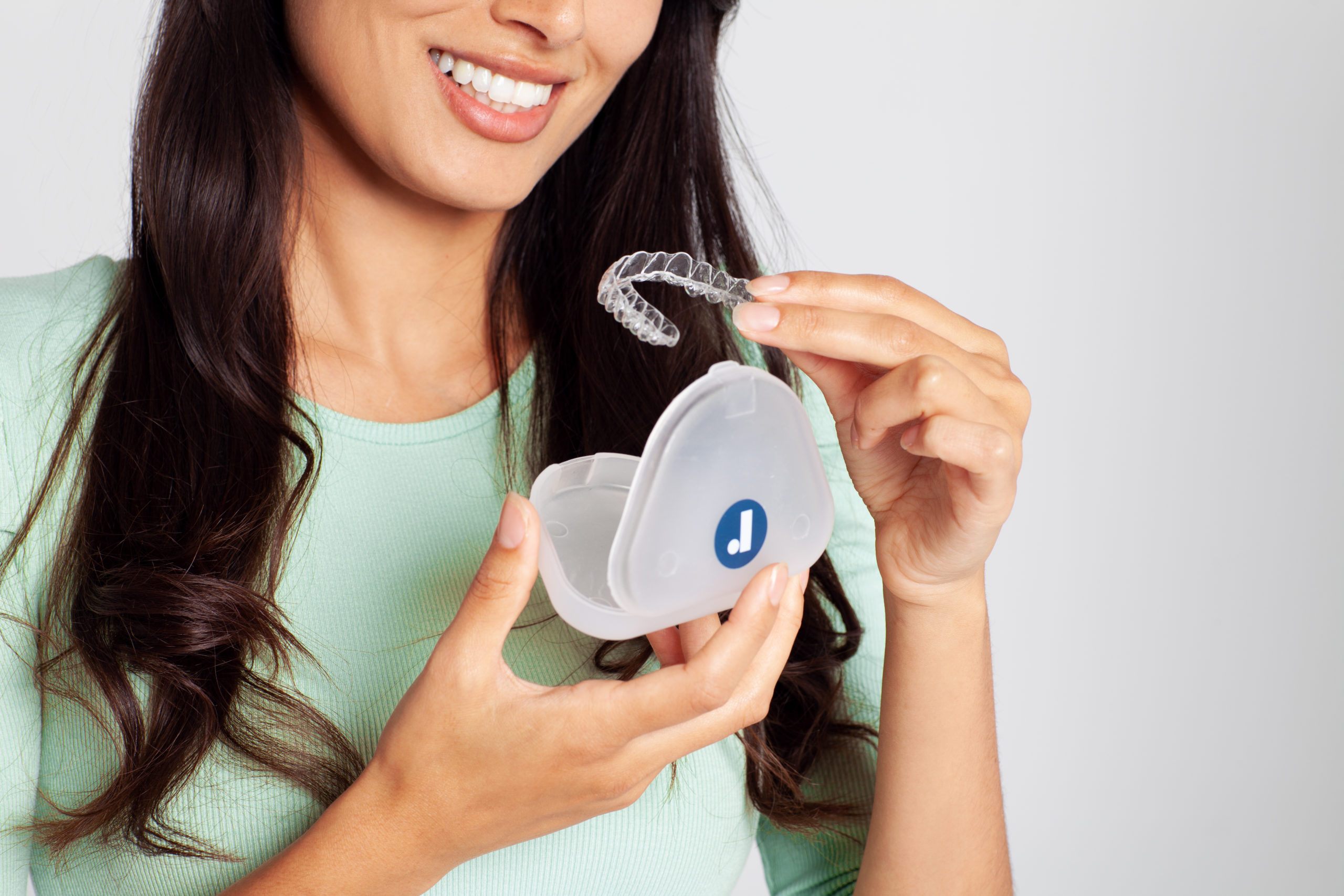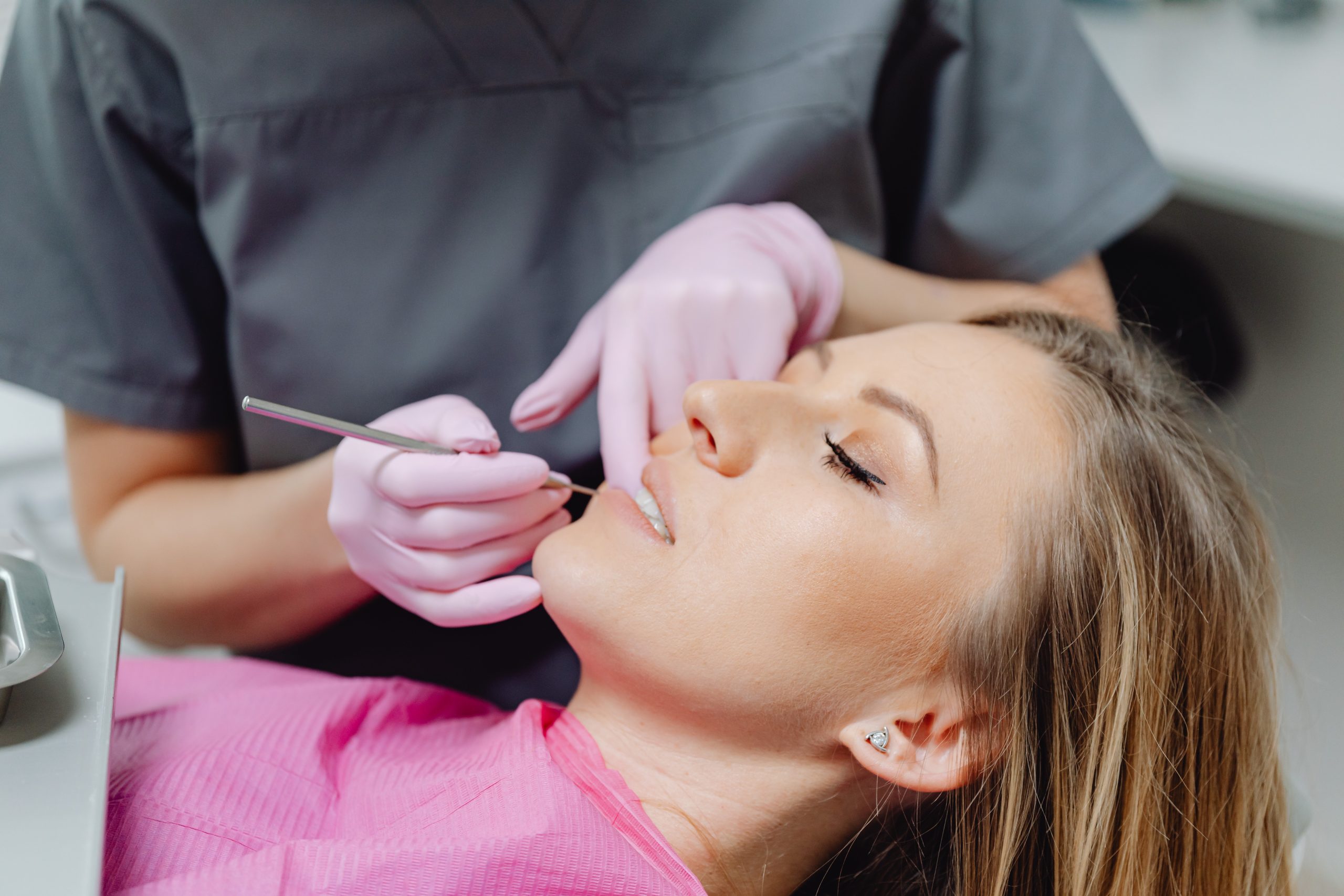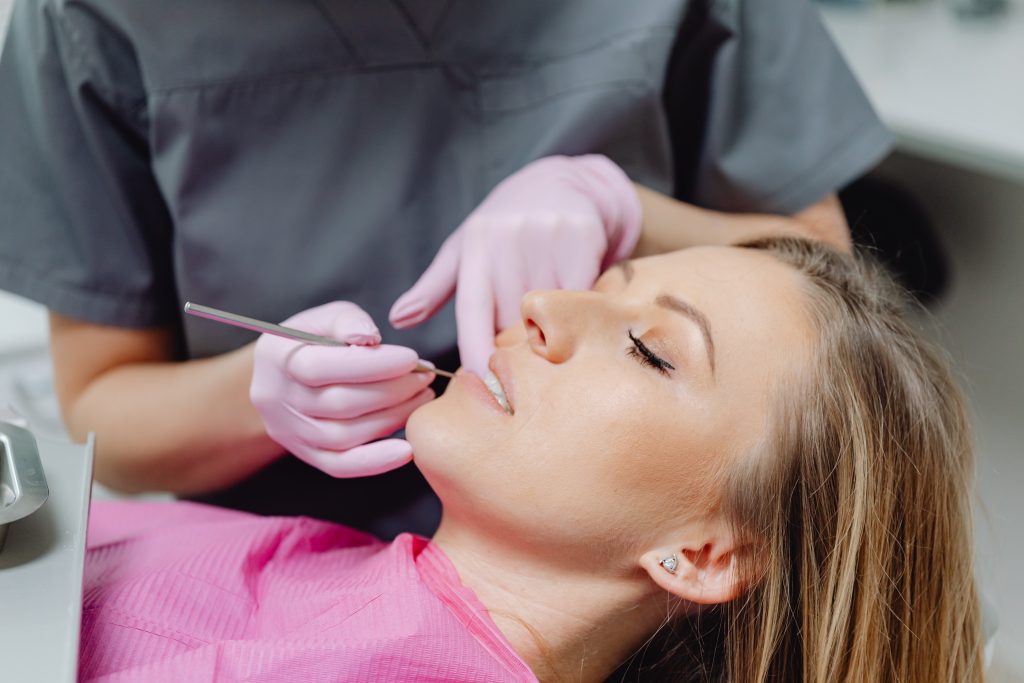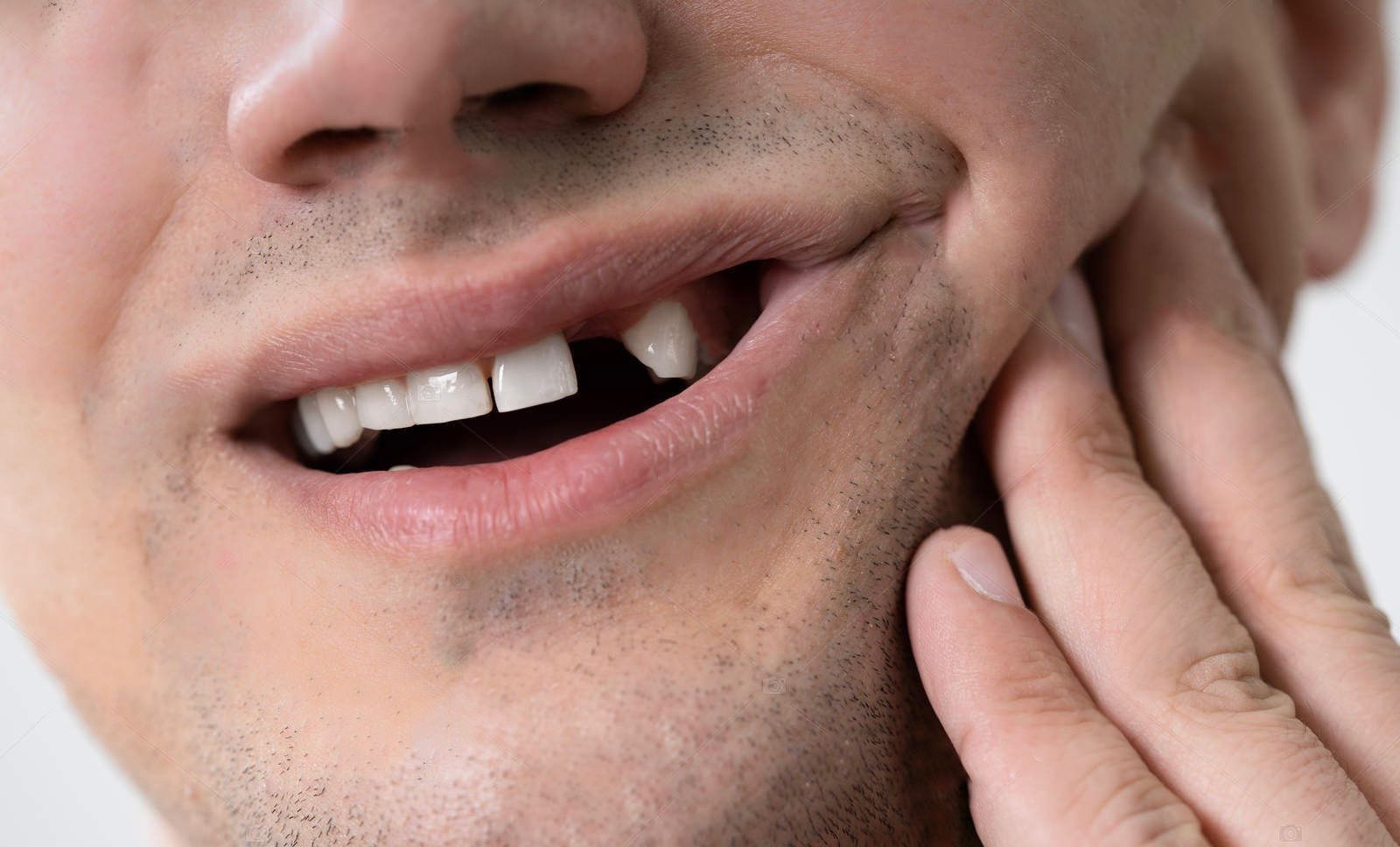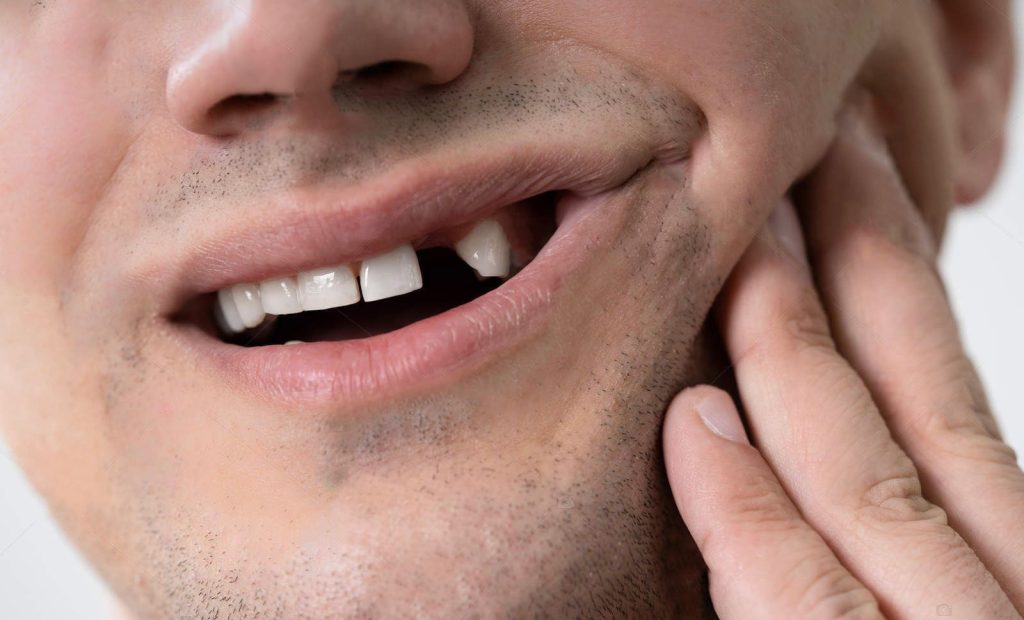Eating and Drinking with Invisalign: What You Need to Know
Invisalign braces have transformed orthodontic treatment, offering a discreet and convenient way to straighten teeth. However, one common question among Invisalign users is, “Can you eat with Invisalign?” The answer is yes, but there are some important rules to follow. In this article, we’ll explore the ins and outs of eating and drinking while using Invisalign and provide five essential rules to ensure a successful treatment journey.

Remove Your Invisalign Aligners Before Eating
Invisalign aligners are designed to be removable, and this feature makes eating more manageable. Always remove your aligners before you eat or drink anything, other than water. This step is essential to prevent food particles from getting trapped between your aligners and teeth.
Practice Excellent Oral Hygiene
After removing your Invisalign aligners, take a moment to brush and floss your teeth before eating. This step is crucial for maintaining good oral hygiene throughout your treatment. Ensuring your teeth are clean helps prevent tooth decay, resulting from food particles being trapped against your teeth by the aligners.
Choose Your Food Wisely
While using Invisalign, choosing soft, easy-to-chew foods is best to minimise the risk of damaging your aligners. Avoid hard or sticky foods that can warp or break the aligners. Some recommended food options include:
Soups
Mashed potatoes
Steamed vegetables
Soft fruits
Pasta
Stay Hydrated with Water
Drinking water while wearing Invisalign is acceptable and even encouraged. However, it’s essential to remember that other beverages can stain or damage your aligners. If you enjoy coffee, tea, or soda, consuming them while your aligners are removed is best. Water, on the other hand, is safe to drink with your aligners in place.
Clean Your Aligners Regularly
Maintaining proper hygiene for your Invisalign aligners is vital. Clean your aligners daily using the manufacturer’s recommended cleaning products or a mild denture cleaner. Regular cleaning prevents the buildup of bacteria and odours on your aligners, ensuring a fresh and hygienic experience.
Invisible Aligners Near Me
If you’re considering Invisalign treatment, it’s a good idea to search for “invisible aligners near me” or “Invisalign near me.” This search can help you find a local dental or orthodontic provider experienced in offering Invisalign treatment. They can guide you through the process, answer your questions, and provide pricing information, including the Invisalign price.
Eating with Invisalign is entirely possible but requires adhering to a few essential rules. Removing your aligners before eating, practising excellent oral hygiene, choosing your foods wisely, staying hydrated with water, and cleaning your aligners regularly will help ensure a successful treatment journey.
Invisalign offers a practical and discreet way to achieve the smile you’ve always wanted. If you’re considering Invisalign or searching for “invisible teeth aligners,” following these rules and seeking guidance from a nearby Invisalign provider will help you get the most out of your treatment and enjoy a straighter, more confident smile.





